News: Opinions
Rethinking WTO Rules on Chinese Industrial Subsidies, and Approaches for Future Reform
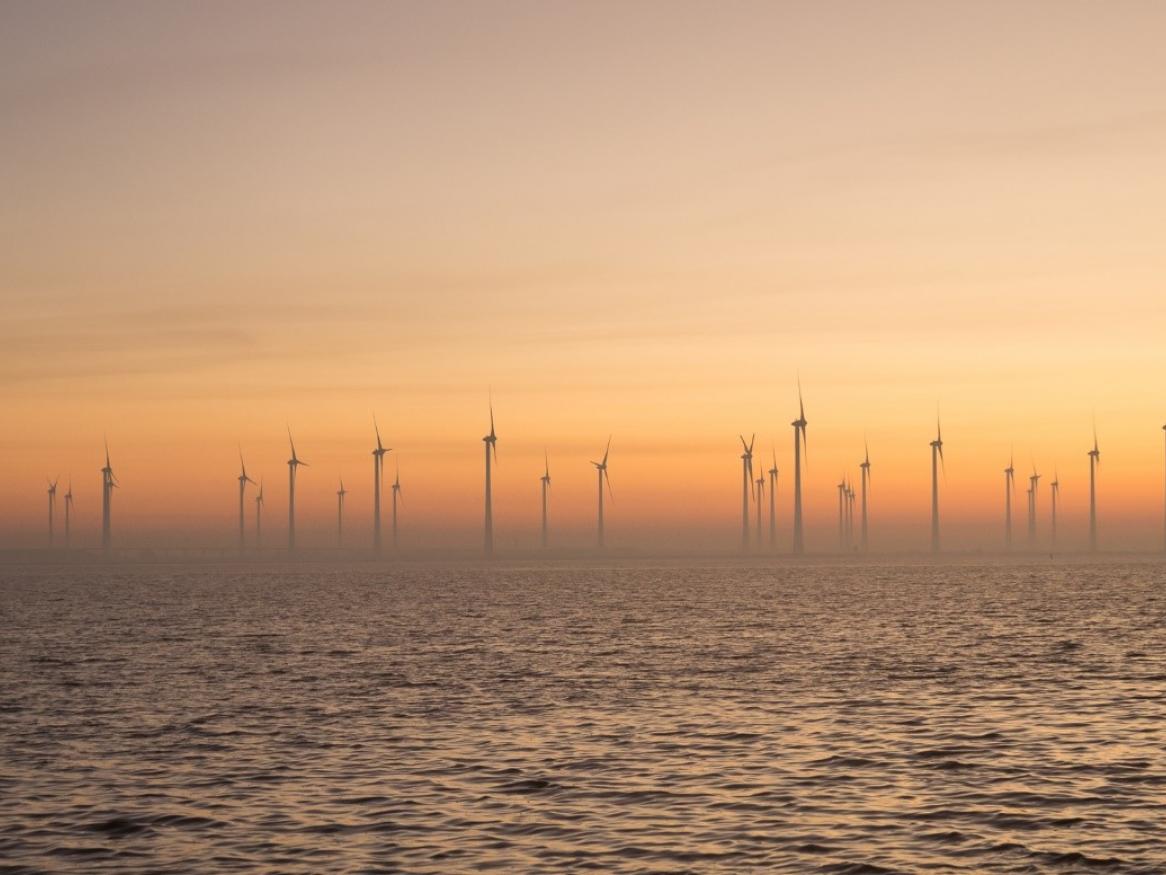
Weihuan Zhou is Associate Professor, Director of Research, and Member of the Herbert Smith Freehills China International Business and Economic Law (CIBEL) Centre, Faculty of Law and Justice, UNSW Sydney. Mandy Meng Fang is Assistant Professor, School of Law, City University of Hong Kong.
The reform of WTO rules on industrial subsidies should be based on a better understanding of the efficacy of the rules on China and fresh principles and approaches. It is time for governments to rebuild the political will needed for international cooperation.
Pursuing an Open Strategic Autonomy trade policy against China: Expect policy fluidity
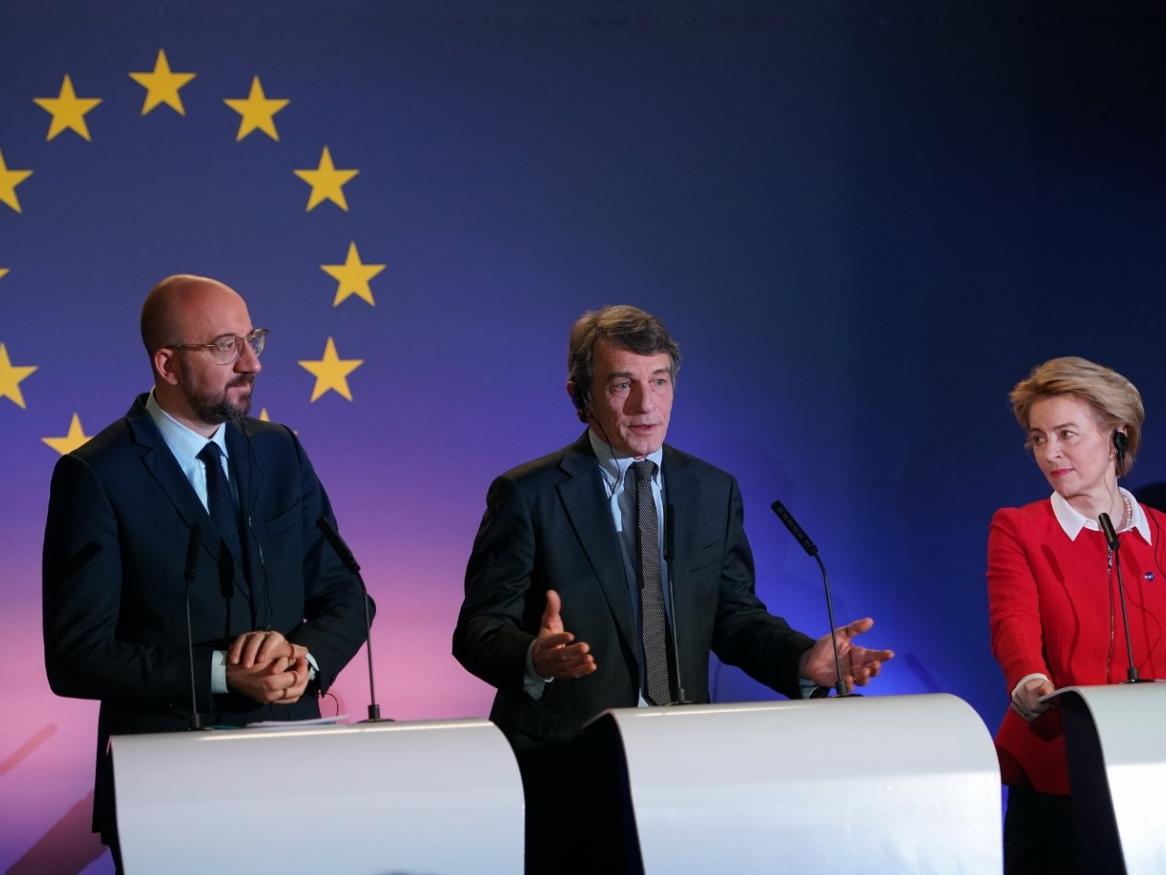
Weinian Hu is Research Fellow at the Centre for European Policy Studies, Belgium. The EU’s Open Strategic Autonomy policy approach was first revealed under the Commission’s recovery plan post-Covid, which was released in May 2020.
Putting the Comprehensive Agreement on Investment (CAI) into perspective: Five key points
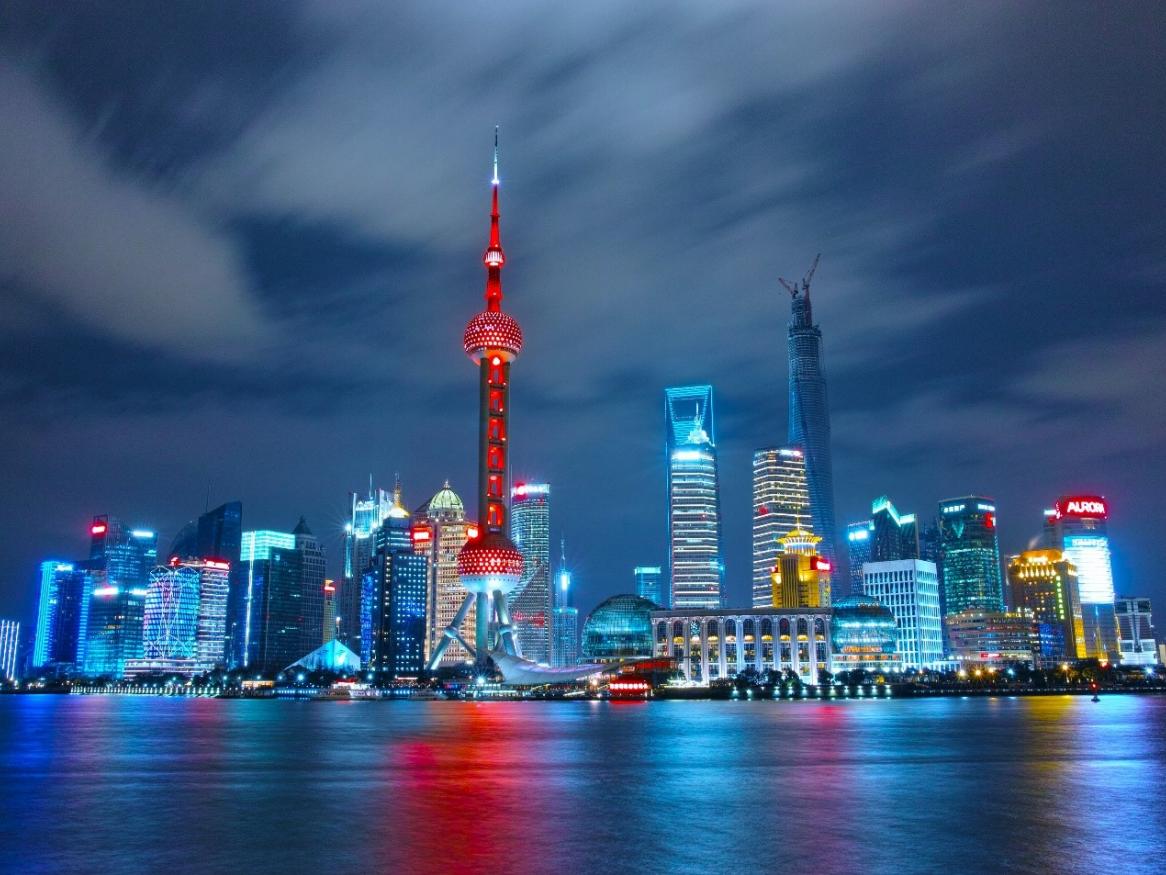
Bryan Mercurio is Simon F.S. Li Professor of Law at the Chinese University of Hong Kong. On 30 December 2020, the European Union (EU) and China ‘in principle’ concluded negotiations on a Comprehensive Agreement on Investment (CAI). The European Commission published the text of the CAI on 22 January 2021. The agreement has been welcomed by the business community but criticised by civil society and the United States (US).
Reforming industrial subsidies usage through the WTO: Process Proposals
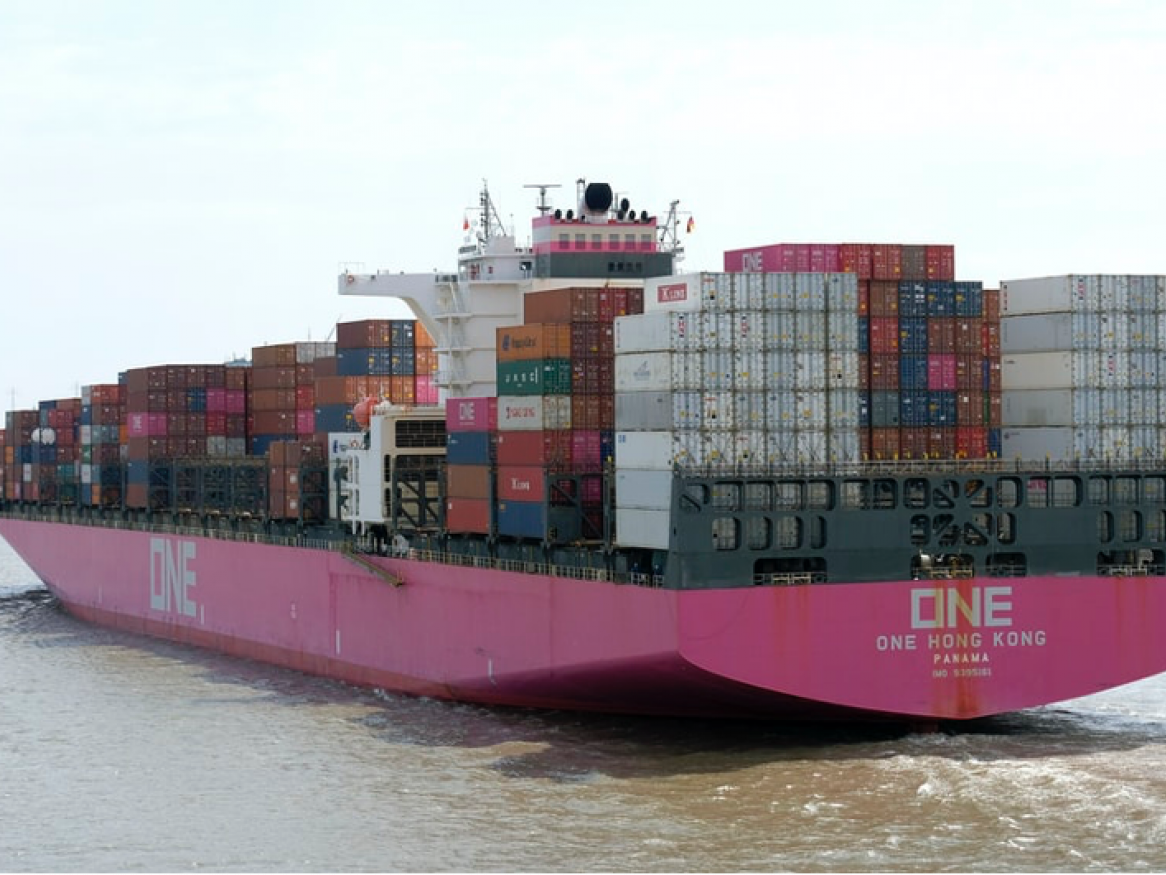
Professor Peter Draper is Executive Director of the Institute for International Trade. Dr Naoise McDonagh is Lecturer in Political Economy at the Institute for International Trade.
The distorting effects of state-owned enterprises (SOEs) and industrial subsidies on global market competition has become a topic of increasing importance for many World Trade Organization (WTO) members in recent years.
[Read more about Reforming industrial subsidies usage through the WTO: Process Proposals]
The EU-China Investment Deal: Perspectives of the European services sectors on new opportunities in the world’s second largest economy
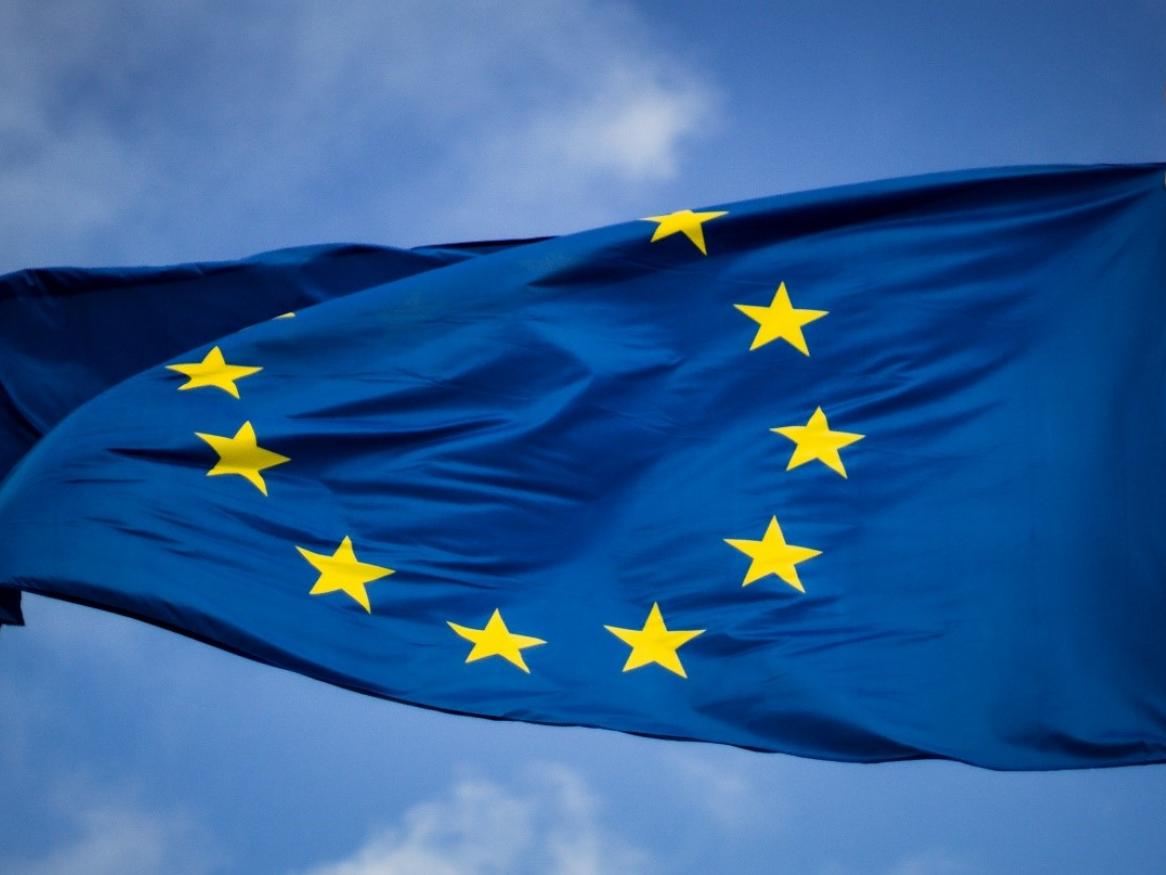
Dr Pascal Kerneis is Managing Director of the European Services Forum, Brussels.
On 30 December 2020, the European Union and China have concluded in principle the negotiations for a Comprehensive Agreement on Investment (CAI). What could this agreement bring to European service businesses?
Global Food Systems: Fit for the Future?

Ken Ash is an Independent Consultant, IIT Visiting Fellow, and former OECD Director of Trade and Agriculture.
Well-functioning global food systems matter, to all of us. Global food systems perform well overall, and today provide more safe, nutritious, and affordable food per capita than ever before. At the same time, over 800 million people are undernourished and a higher number are overweight.
The case for multilateral agreement on digital taxation

Patrick Low is Former Head of Research, WTO Secretariat
The growing virtual economy is encouraging countries to introduce digital services taxes and similar mechanisms that are discriminatory, intentionally or otherwise. They distort economic outcomes, reduce growth and generate uncertainty. They provoke trade retaliation, and destabilize tax and trade regimes. A multilateral solution to digital taxation is urgently needed.
[Read more about The case for multilateral agreement on digital taxation]
Pacific Trade Agreement Opens Door for Travel Bubble and Rule of Law
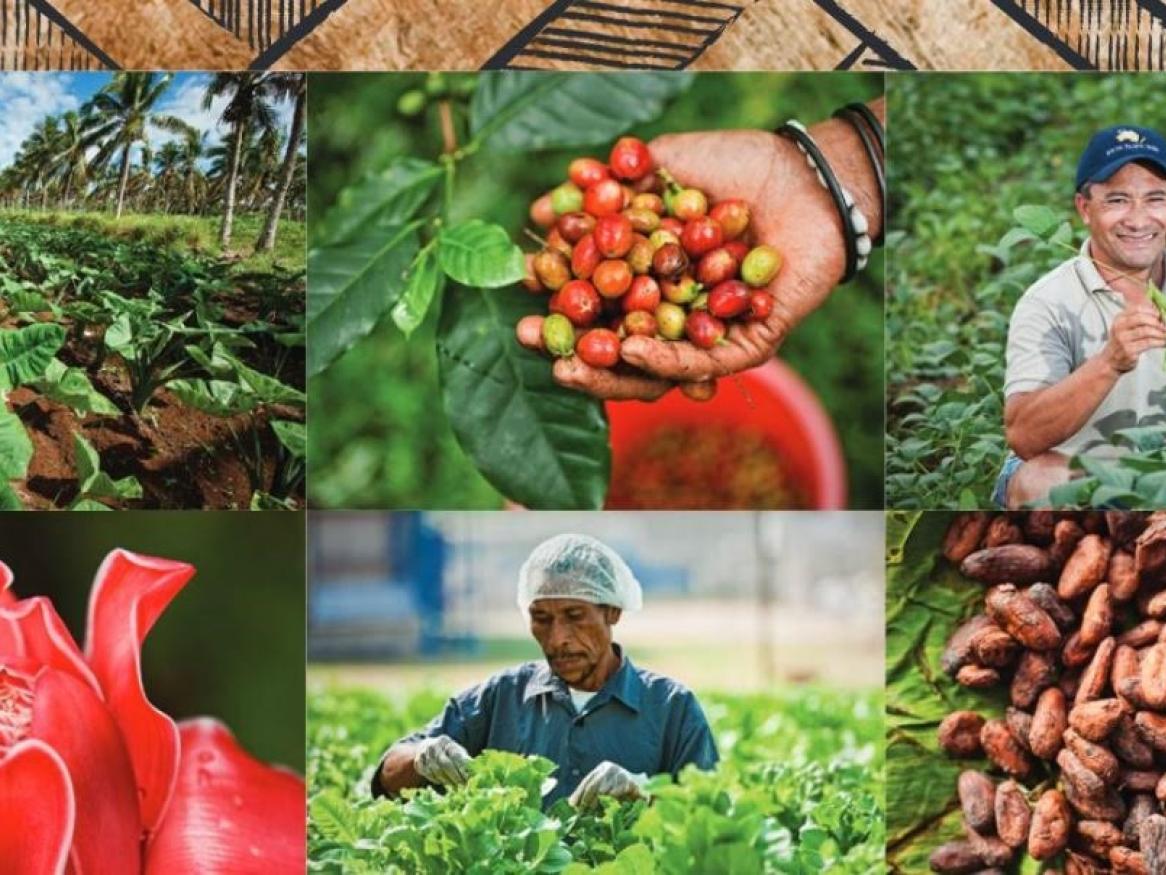
Jim Redden; Director, Economic Development Services Ltd. Visiting Fellow, Institute for International Trade, Adelaide University and Peter Draper
Executive Director, Institute for International Trade, Adelaide University.
A ground-breaking trade agreement set to enter into force on December 13th (soon to be announced by Trade Minister Birmingham) could open the door for a regional travel corridor between Australia, New Zealand and most Pacific Island countries, while reinforcing the importance of a rules-based trade order in the region.
[Read more about Pacific Trade Agreement Opens Door for Travel Bubble and Rule of Law]
Biden and Berlin: How Germany can help reset transatlantic relations

Andreas Freytag, Professor and Chair of Economic Policy, Friedrich Schiller University, Jena and Visiting Professor with IIT.
The election result in the United States (USA) is now certain. Despite the refusal of leading Republicans to recognize the election result and to congratulate the election winner, everything now speaks in favor of the next (and thus 46th) President of the USA being Joseph R. Biden, Jr. This means an experienced Washington insider will again sit in the Oval Office, marking a return to more typical pre-Trumpian forms of policy and diplomacy.
[Read more about Biden and Berlin: How Germany can help reset transatlantic relations]
Building more resilient global value chains
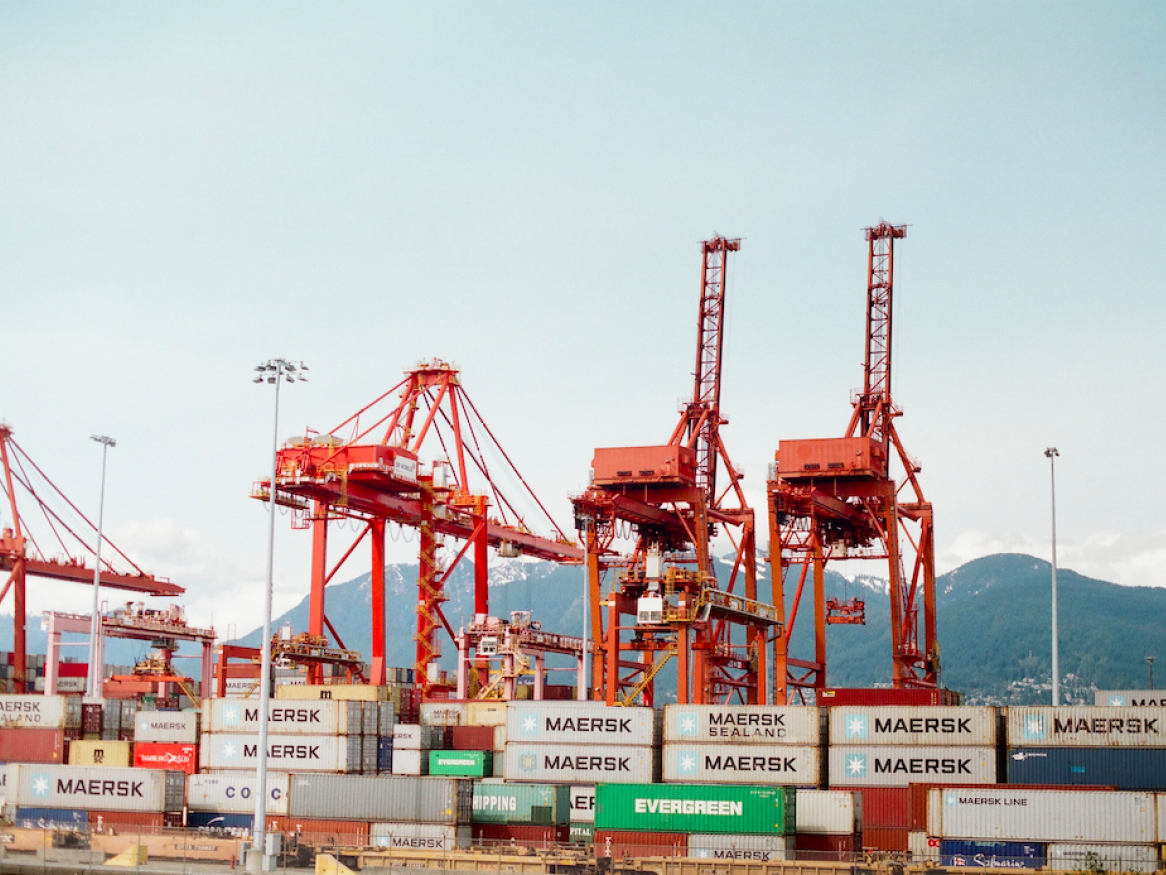
Ken Ash, Independent Consultant, IIT Visiting Fellow, and former OECD Director of Trade and Agriculture.
The COVID-19 pandemic emerged in a world characterized by high trade tensions and considerable inertia across the multilateral trading system. A number of countries were moving towards plurilateral, regional and bilateral trade arrangements, and some governments were already beginning to explore ways in which they might more actively shape domestic economic activity.
[Read more about Building more resilient global value chains]
